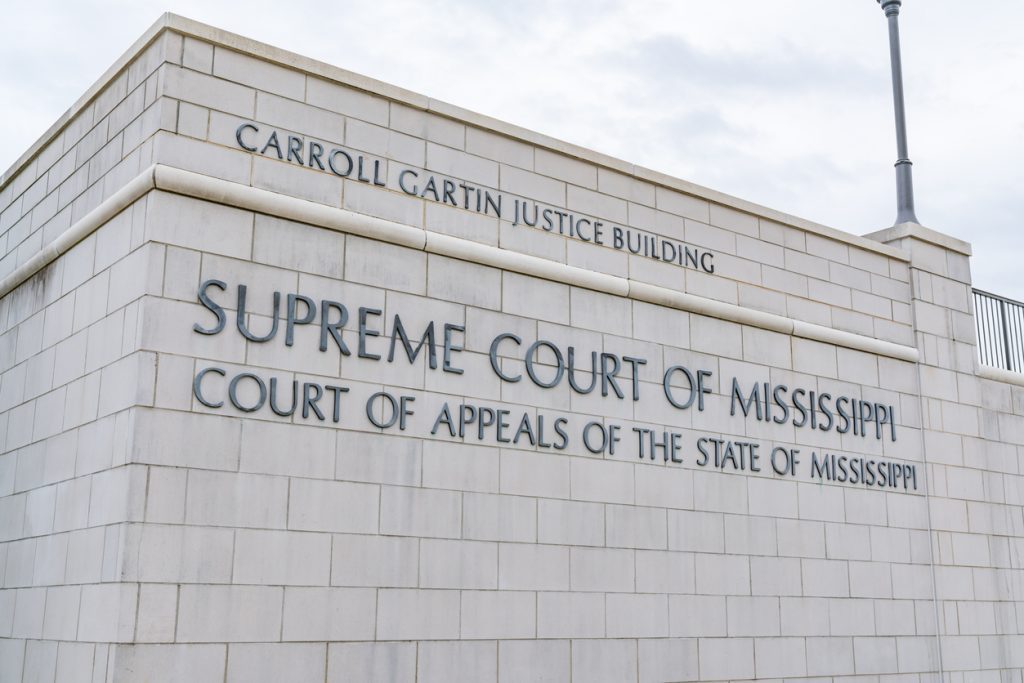For the second straight term, a bill has been filed in the Florida Legislature designed to make changes to the well-settled legal principles that have successfully governed our state for many years and have held insurance carriers accountable when they act improperly.
Instead of holding insurers accountable when their wrongful actions cause harm to others, some in the legislature seem determined to give these companies a pass.
Policyholders, including businesses and condominium associations, will be affected in many ways, but a couple stand out. First, in the context of a third-party claim, the claimant will be required to give a 60-day notice to the carrier and Department of Financial Services. Failing to do so can result in the claim being barred.
While it may not seem problematic, these “Civil Remedy Notices” have been required for years in first-party situations (where an insured is suing its own insurance carrier) and have done nothing to stop the problems such Notices were intended to cure. Instead, the whole process has been plagued by abuses from skilled insurance defense attorneys who find creative ways to challenge the Notices in court based on a purported technicality. This leads to an increase in time and money spent litigating bad faith claims and adds to the burden already on the plaintiff.
Second, the bill provides that a complainant must provide the specific amounts owed. If the insurance carrier pays the specific amount within 60 days, no action can lie for bad faith, regardless of the damages already suffered. In essence, this legislation gives insurance carriers the ability to do anything they wish, regardless of the consequences, and then avoid liability by simply paying what it should have in the first place within 60 days of a Civil Remedy Notice. Unfortunately for the individual or entity making the complaint, any damages suffered as a result of the carrier’s actions would not generally be included in this amount and would likely be unrecoverable no matter how severe.
Finally, this provision also puts the burden of calculating damages on the person bringing the action instead of on the insurance carrier. Insurance carriers have trained, skilled, and licensed adjusters on staff and are required to investigate a loss and determine what is owed pursuant to both the policy and the relevant ethical and statutory obligations. This bill will reverse this obligation and will put the burden on the policyholder, who generally does not have the training or experience to do it. This will only increase the time and cost burdens for the policyholder.
Most insurance carriers handle claims in good faith and a financially strong insurance market is important to our state. This does not mean, however, that we can ignore the actions of a company or provide it immunity when it injures its own customers. Regardless of what you hear, this bill is anti-consumer and should be opposed.
